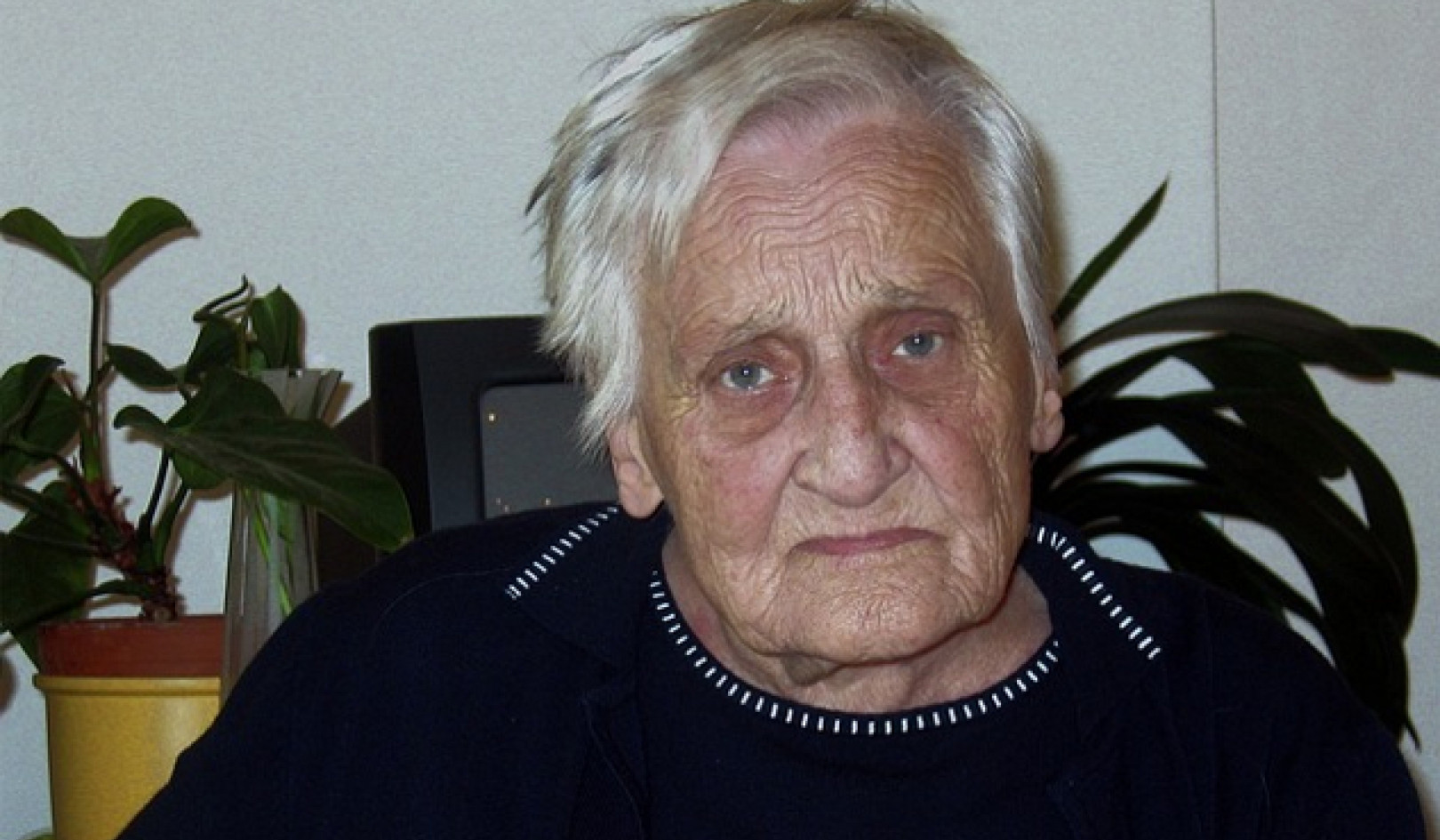
Image by silviarita
The findings show that gratitude and optimism are positive psychological dispositions associated with beneficial outcomes.
People in a recent study who were more grateful had lower blood pressure and heart rate, as well as greater feelings of appreciation toward others.
Study: Optimism and Gratitude Linked to Health?
The study, published in the journal Emotion, finds that optimism was also linked to health and mental benefits, such as better sleep quality and more positive expectations and reflections.
Researchers examined these traits through a cell phone app called MyBPLab with embedded sensors that measured blood pressure and heart rates of 4,825 participants from around the world including the United States, Australia, India, and Hong Kong. Previous studies on gratitude and optimism often involved laboratory visits or brain scans for data collection.
The optic sensors send different light waves through the tissue to detect changes in blood volume and an algorithm in the phone is used to calculate blood pressure. To have accurate blood pressure levels, the user calibrates the phone sensor against an external arm cuff.
Respondents reported stress levels, health behaviors (sleep, exercise, daily expectations), and thoughts three times a day for 21 days from March 15, 2019, until December 8, 2020. They rated 12 items such as “I have so much in life to be thankful for” and “In uncertain times, I usually expect the best.”
Gratitude and Optimism Have Beneficial Outcomes?
The findings show that gratitude and optimism are positive psychological dispositions associated with beneficial outcomes. Gratitude highlighted the positive aspects of the day, whereas optimism minimized the negative aspects of the day, the study indicates.
“Gratitude also orients people toward others and the benefits they have bestowed to them, whereas optimism may orient people to themselves as they focus on their own specific future,” says Amie Gordon, the study’s coauthor and assistant professor in the University of Michigan’s psychology department.
The findings also contradict the researchers’ hypothesis that higher optimism would be associated with forward-looking responses and interpretations of positive events. Optimism predicted the ratings of the unpleasantness of the worst part of the day—a backward-looking response focused on a negative event, the study shows.
Highly Optimistic People
David Newman, the study’s lead author and postdoctoral scholar of psychiatry at the University of California, San Francisco, says highly optimistic people were likely to think their worst part of the day was relatively less unpleasant than were less optimistic people.
In addition, optimism was a better predictor of sleep quality and stress frequency and intensity than gratitude.
“Our findings provide important advances to our understanding of gratitude and optimism by showing that gratitude contributes to accentuating the positive aspects of the day, whereas optimism functions by minimizing the negative aspects of the day,” he says.
Source: University of Michigan, Original Study

Related Books:
Atomic Habits: An Easy & Proven Way to Build Good Habits & Break Bad Ones
by James Clear
Atomic Habits provides practical advice for developing good habits and breaking bad ones, based on scientific research on behavior change.
Click for more info or to order
The Four Tendencies: The Indispensable Personality Profiles That Reveal How to Make Your Life Better (and Other People's Lives Better, Too)
by Gretchen Rubin
The Four Tendencies identifies four personality types and explains how understanding your own tendencies can help you improve your relationships, work habits, and overall happiness.
Click for more info or to order
Think Again: The Power of Knowing What You Don't Know
by Adam Grant
Think Again explores how people can change their minds and attitudes, and offers strategies for improving critical thinking and decision making.
Click for more info or to order
The Body Keeps the Score: Brain, Mind, and Body in the Healing of Trauma
by Bessel van der Kolk
The Body Keeps the Score discusses the connection between trauma and physical health, and offers insights into how trauma can be treated and healed.
Click for more info or to order
The Psychology of Money: Timeless lessons on wealth, greed, and happiness
by Morgan Housel
The Psychology of Money examines the ways in which our attitudes and behaviors around money can shape our financial success and overall well-being.
Click for more info or to order























